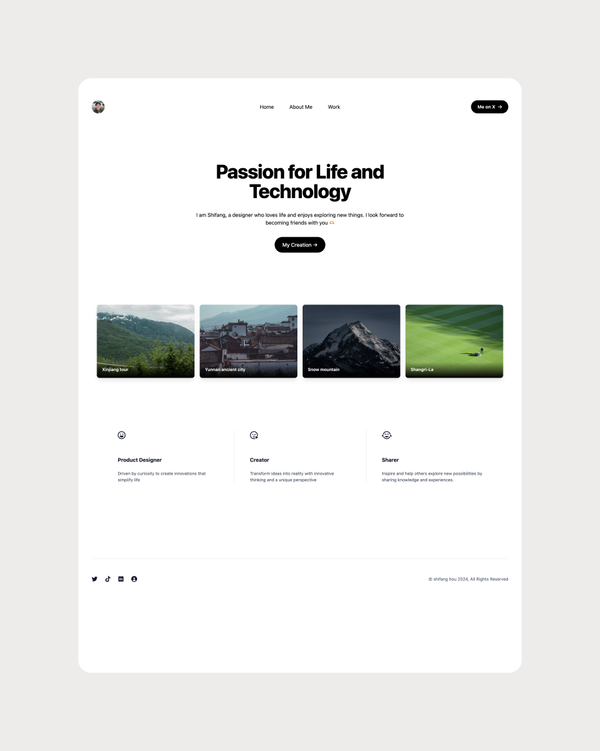What Is How to Build a Web App?
How to Build a Web App Resources
How to Build a Web App
Search Engine Optimization (SEO) is a crucial aspect of any website design, and incorporating SEO practices into web design is essential for driving traffic and improving search engine rankings. SEO web design involves creating websites that are optimized for search engines, making it easier for users to find your site when searching for relevant keywords.

How to Build a Web App Trends
How to Build a Web App
1. Wix
Wix is a popular website builder that offers a wide range of templates designed for churches and religious organizations. With its drag-and-drop interface, users can easily customize their website to reflect their unique style and branding. Wix also offers a variety of features such as event calendar integration, online donation tools, and media galleries for sermons and other resources. Additionally, Wix provides reliable hosting services and SEO tools to help churches reach a wider audience online.
2. Squarespace
Squarespace is another user-friendly website builder that is well-suited for churches looking to create a modern and visually appealing website. With its stylish templates and customizable design options, Squarespace allows users to create a professional-looking site without any coding knowledge. Squarespace also offers features like event scheduling, donation forms, and social media integration, making it easy for churches to engage with their community online. Additionally, Squarespace provides responsive design capabilities, ensuring that your website looks great on any device.
3. Sharefaith
Sharefaith is a website builder specifically designed for churches, offering a comprehensive suite of tools and templates to help churches create a strong online presence. Sharefaith’s templates are tailored for churches and religious organizations, featuring customizable layouts and designs to suit any style. In addition to website building tools, Sharefaith also provides features such as sermon hosting, online giving options, and church management tools. Sharefaith also offers a library of resources including graphics, videos, and worship media to help churches enhance their online presence.
4. WordPress
WordPress is a versatile platform that can be used to create a wide range of websites, including church websites. With its extensive library of themes and plugins, users can easily customize their website to meet their specific needs and preferences. WordPress offers features such as event calendars, donation forms, and sermon hosting capabilities, making it a great choice for churches looking to engage with their congregation online. Additionally, WordPress is known for its robust SEO capabilities, helping churches improve their visibility in search engine results.
5. Weebly
Weebly is a user-friendly website builder that offers a range of features suitable for churches and religious organizations. With its drag-and-drop interface and customizable templates, users can easily create a professional-looking website without any coding knowledge. Weebly also provides features like event calendars, donation forms, and video hosting capabilities, making it easy for churches to share resources and connect with their community online. Weebly also offers reliable hosting services and responsive design options, ensuring that your website looks great on any device.
AI web developers are at the forefront of the technological revolution, as they leverage AI technologies to create smarter and more intuitive websites. These professionals have a deep understanding of AI algorithms, machine learning, natural language processing, and other AI technologies that enable them to create websites that can think, learn, and adapt to user preferences.
One of the key skills of an AI web developer is the ability to understand and implement AI algorithms. These algorithms are the foundation of AI technologies and enable websites to perform tasks such as personalized recommendations, natural language processing, image recognition, and more. AI web developers must have a strong grasp of these algorithms and be able to apply them effectively to create intelligent websites.
In addition to AI algorithms, AI web developers must also have expertise in machine learning. Machine learning is a subset of AI that enables computers to learn from data and improve their performance over time. By leveraging machine learning techniques, AI web developers can create websites that can analyze user behavior, predict user preferences, and provide personalized recommendations.
Another key skill of an AI web developer is proficiency in natural language processing (NLP). NLP is a branch of AI that enables computers to understand and interpret human language. AI web developers use NLP techniques to create websites that can interact with users in a more natural and intuitive way, such as chatbots and virtual assistants.
AI web developers also need to have a strong foundation in web development technologies such as HTML, CSS, JavaScript, and backend programming languages like Python or Java. These technologies are essential for building the structure and functionality of websites, and AI web developers must be able to integrate AI technologies seamlessly into the website’s architecture.
AI web developers are changing the landscape of web development by creating websites that are more intelligent, personalized, and user-friendly. These professionals are at the forefront of innovation, pushing the boundaries of what is possible in web development. By leveraging AI technologies, AI web developers are creating websites that can adapt to user preferences, provide personalized recommendations, and even anticipate user needs before they are expressed.

How to Build a Web App Checklist
How to Build a Web App
Conclusion
In conclusion, website ranking checkers are valuable tools that can help businesses track their performance in search engines and improve their online visibility. By monitoring keyword rankings, tracking competitor rankings, identifying SEO issues, measuring the effectiveness of SEO efforts, and improving content strategy, businesses can take proactive steps to boost their website rankings and attract more organic traffic.
If you’re looking to improve your website’s ranking on search engine results pages, consider using a website ranking checker to gain valuable insights and make data-driven decisions to enhance your online presence. With the right tools and strategies in place, you can elevate your website’s performance in search engines and drive more traffic and leads to your business.


